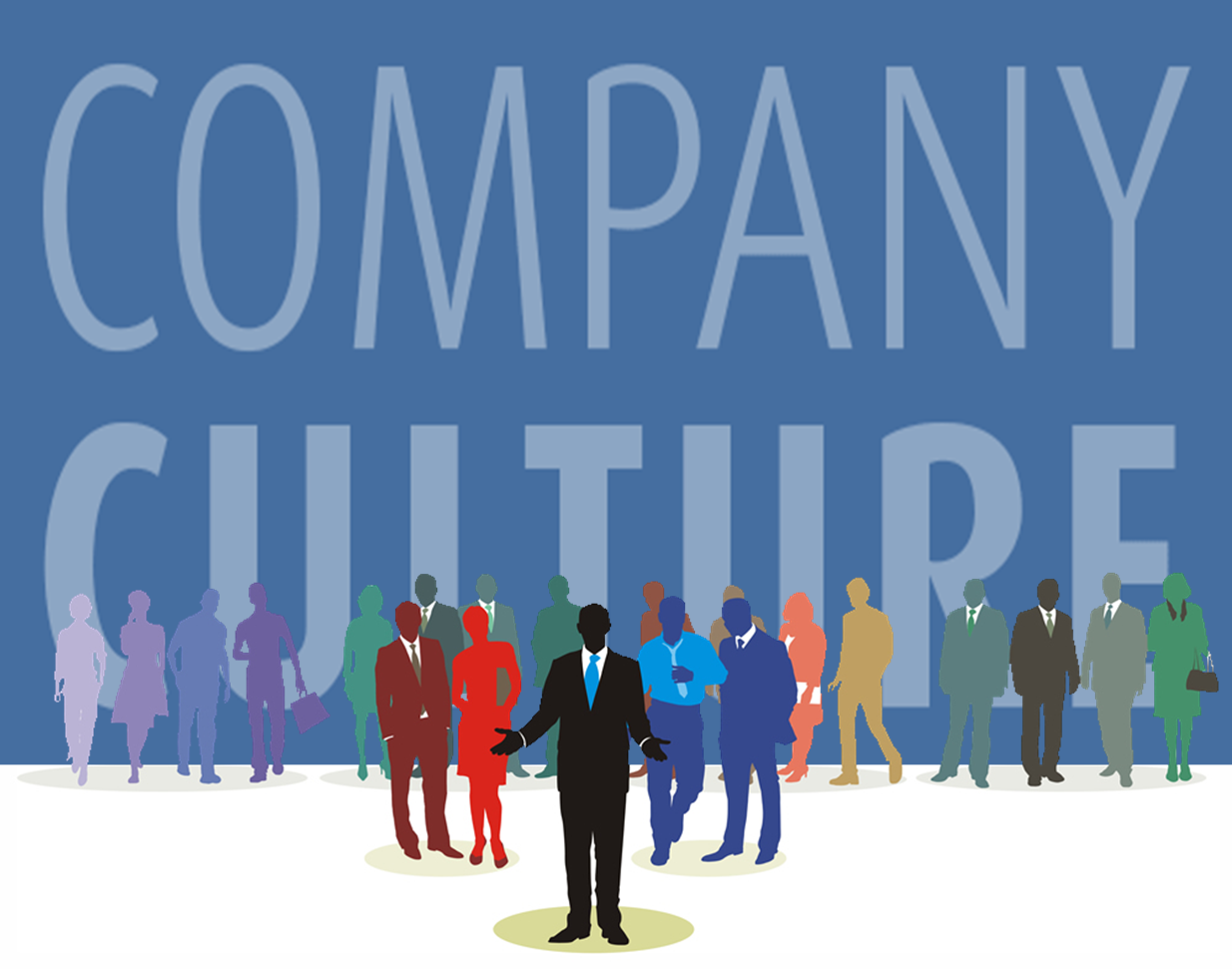
While some may consider the notion of ‘company culture’ as being little more than another example of business jargon, there is a strong commercial case for defining the outlook and personality of your brand.
More specifically, statistics have proven that the presence and nature of a company’s culture has a direct impact on employee happiness and turnover, which in turn influences productivity and success. According to a Colombia University study, businesses with a strong and identifiable culture have a job turnover rate of just 13.9%, where as this can increase to 48.4% in companies that do not have on at all.
In the modern age, many firms are building their culture around the concept of sustainability and corporate social responsibility. This can be difficult to achieve, however, so here are some key points to bear in mind.
1. Do as you Say and be Consistent
Whenever you’re trying to build a company culture with a core theme, it’s imperative that you live the values that you’re aiming to impart.
This is particularly important when dealing with sustainability, as you’ll need to showcase the firm’s reported commitment to a range of environmental and social issues consistently if your employees are buy into this.
This means that every business decision and policy must be conceived with the culture of sustainability in mind, from the installation of smart energy metres to the establishment of innovative, cycle to work schemes.
Over time, this builds a compelling argument that supports your brands’ cultural identity, imploring your employees and key stakeholders to buy into this with enthusiasm and commitment.
2. Involve Stakeholders in Determining what Sustainability Means to your Business
There’s a reason why you need to build a company culture rather than simply imposing one, as this lays a foundation for long-term implementation.
It also creates a model through which your employees and key stakeholders can help to determine what sustainability means to your business, based on its purpose, identity and the role that it plays in the marketplace. This not only creates an entry point into progressive conversations with your insightful staff members, but it also involves your employees as gatekeepers for your culture rather than merely observers.
Remember, there is no one-size-fits-all approach to sustainability, so involving your stakeholders in the process of defining this for your business can contribute towards its future success.
3. Look Outside your Business for Further Inspiration
While your stakeholders can play a pivotal role in determining what sustainability means for your venture, you should not be afraid to also look outside your business for further inspiration. This is especially important when attempting to implement your culture of sustainability, as the corporate world is full of socially-responsible brands that have already blazed a trail for others to follow in this respect.
It’s also fair to say that the best companies are those that are constantly learning, as this represents a progressive outlook that remains central to business growth in a challenging economic climate.
In the case of building a culture of sustainability, this can help you to learn from successful brands and boost your chances of achieving core business objectives.

Founder Dinis Guarda
IntelligentHQ Your New Business Network.
IntelligentHQ is a Business network and an expert source for finance, capital markets and intelligence for thousands of global business professionals, startups, and companies.
We exist at the point of intersection between technology, social media, finance and innovation.
IntelligentHQ leverages innovation and scale of social digital technology, analytics, news, and distribution to create an unparalleled, full digital medium and social business networks spectrum.
IntelligentHQ is working hard, to become a trusted, and indispensable source of business news and analytics, within financial services and its associated supply chains and ecosystems





























